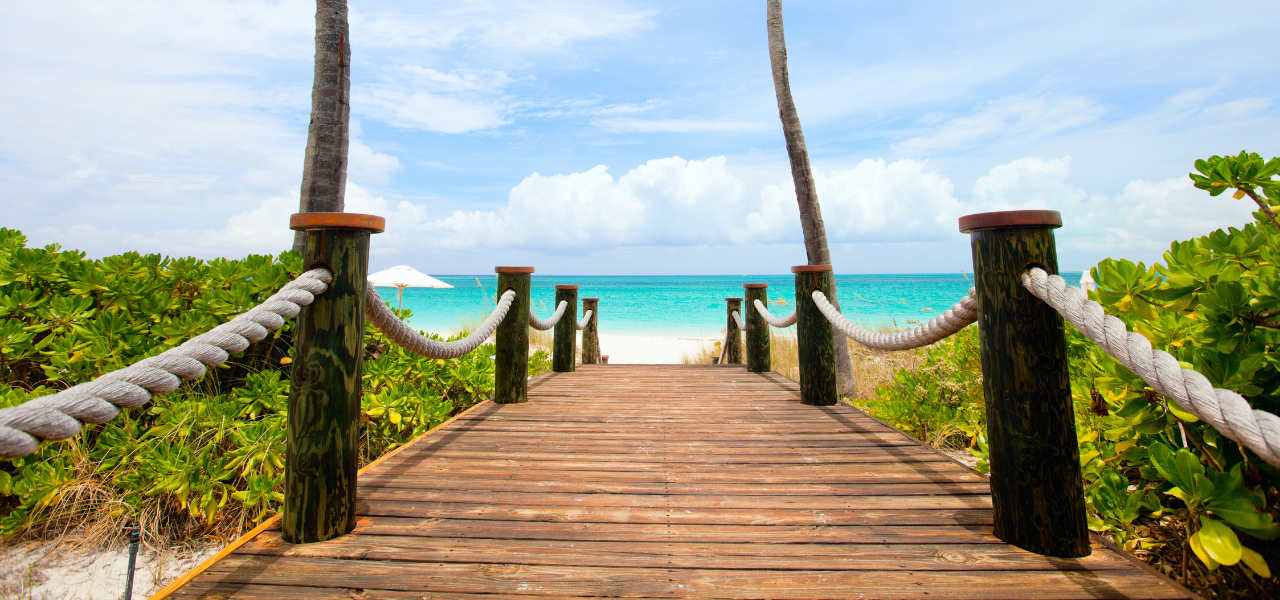What ECJ Malta Ruling Means for the Caribbean CBI and Investment Migration
This article analyses the recent European Court of Justice ruling that declared Malta's Citizenship by Investment programme unlawful under EU law. It explores the implications for other investment migration schemes—particularly Caribbean Citizenship by Investment programmes. The piece also provides a broader perspective on the ethical and legal foundations of investment migration, exposing double standards in traditional naturalisation paths and making the case for well-regulated Investment Migration programmes as a tool for global mobility and economic development.

On 29th April 2025, the European Court of Justice (ECJ) declared Malta’s Citizenship by Investment (CBI) programme incompatible with EU law, effectively ending its golden passport scheme. While this ruling is a blow to EU-based citizenship-for-sale models, it may open new doors for Caribbean countries that run well-regulated, non-EU CBI programmes. The decision reignites the global debate on what citizenship means in a world shaped by inequality, mobility restrictions, and legal sovereignty.
The EU Court's Judgment on Malta Citizenship by Investment
Since its launch in 2014, Malta’s CBI programme offered EU citizenship to wealthy investors for contributions starting at €600,000. Though the programme generated over €1.8 billion in revenue, it faced consistent criticism for enabling wealthy foreigners to gain EU rights without meaningful residency or national connection. The ECJ’s decision found that:
- Granting nationality based on pre-determined investments renders citizenship a mere commercial transaction.
- Such schemes violate the principle of sincere cooperation and EU citizenship law, undermining mutual trust between member states.
- Even with Malta’s enhanced due diligence process since 2020, the programme still lacked a true residency or integration requirement.
The court emphasised that citizenship should reflect a “special relationship of solidarity and good faith,” not financial capability.

Malta’s CBI - Security and Legal Risks Behind the Ruling
According to reputable media reports, investigations linked Malta’s CBI programme to money laundering, tax evasion, and sanctions evasion. Some applicants spent only days in Malta before receiving citizenship. At least 16 recipients were later sanctioned or convicted, including Pavel Melnikov, a Russian national with a Maltese passport, convicted of financial crimes in Finland.
The European Commission, which brought the case in 2023, welcomed the ruling, stating that "European passports are not for sale", as the acquisition of EU citizenship cannot result from a commercial transaction. Similar CBI schemes in Cyprus and Bulgaria were previously terminated under EU pressure.
Implications for Caribbean Citizenship by Investment programmes
The ECJ’s hard stance has significant effects beyond Europe, particularly in the Caribbean. However, these impacts are not necessarily negative:
- Caribbean CBI programmes operate outside EU jurisdiction.
- The ruling may drive interest away from EU programmes, toward non-EU jurisdictions that are stable, legal, and well-regulated.
To remain credible, Caribbean CBI programmes must continue to invest in robust due diligence, transparent frameworks, and international cooperation to avoid becoming the next focus of geopolitical scrutiny.
.png)
Our Take
Citizenship by Investment Is Legal and Rational
Under international law—including Article 1 of the 1930 Hague Convention—states have full sovereignty in determining who qualifies as a citizen. Within this legal framework, Citizenship by Investment is a legitimate pathway for individuals to obtain a second citizenship, especially those from politically unstable or passport-restricted nations.
CBI allows individuals to obtain citizenship in exchange for substantial, lawfully obtained economic contributions. Investment migration curtails the global inequality faced by citizens of many countries, arising from political structures and not their personal undertakings. For many, CBI programmes offer a legal, structured route to escape the global inequality embedded in citizenship allocation by birth or descent rather than contribution, merit or choice.
Investment Migration Reveals Double Standards
Critics often argue that CBI undermines the sanctity of citizenship. However, many existing paths to naturalisation are no less arbitrary or ethically superior. Consider the following:
- A person can claim Italian or Greek citizenship through ancestry without ever setting foot in Italy or Greece.
- A Portuguese national can naturalise in Austria while retaining dual citizenship—unlike a Serbian applicant.
- Catholic bishops retiring from the Vatican can become Italian citizens automatically, with no integration requirements.
- Any person with one Jewish grandparent can obtain Israeli citizenship without ever having lived in or visited Israel, regardless of cultural or linguistic ties.
- Anyone with one Irish-born grandparent can obtain Irish citizenship—even if their parents or they themselves never lived in Ireland.
- A spouse of a Spanish citizen may naturalise in Spain under marital recognition rules without residence or language proficiency.
- A person whose ancestor was a Polish citizen (going back several generations) may reclaim Polish citizenship without any requirement to live in Poland, speak Polish, or even visit the country.
In these cases, the bloodline connection often replaces objective assessments of integration or contribution. By comparison, CBI applicants contribute hundreds of thousands of dollars, undergo extensive vetting through the due diligence process, and often have a greater economic impact than those taking more conventional (yet less scrutinised) routes.
Benefits and Governance: The Caribbean Opportunity
When conducted transparently, investment migration offers undeniable benefits, especially for small island economies such as those in the Caribbean:
- Generates foreign direct investment
- Funds infrastructure, public services, and resilience efforts
- Supports economic diversification
However, like any system, CBI is susceptible to abuse when conducted without transparency or strong oversight. In such cases, it can foster corruption and undermine trust in public institutions. But this is not a flaw of investment migration per se—it is a governance issue, applicable to many other public policies and industries. So, like any policy tool, it must be implemented with rigorous oversight to prevent misuse.

Final Thoughts
Citizenship by investment challenges the romanticised view of nationality as a static, inherited identity. It exposes the inconsistencies in current naturalisation systems and offers a legal, economically beneficial path to global mobility. Dismissing CBI as illegitimate ignores both its practical merits and the arbitrariness of alternative citizenship routes. In a world shaped by inequality, giving individuals the right to access better life opportunities through transparent, legal means may be more ethical than clinging to outdated notions of national identity.
The ECJ ruling marks a pivotal moment in the debate over citizenship as a right, a privilege, and a commodity. While the EU draws strict lines around its values, the Caribbean and other non-EU countries can choose to respond not by retreating, but by raising the bar.
Citizenship by investment, when regulated with integrity, not only survives this legal challenge—it becomes more essential than ever in a world where opportunity is unequally distributed. It’s time to stop romanticising inherited citizenship and start embracing pragmatic, legal avenues that enable people to shape their own futures.





.svg)





.png)





.png)





.png)





.png)





.png)





.png)


